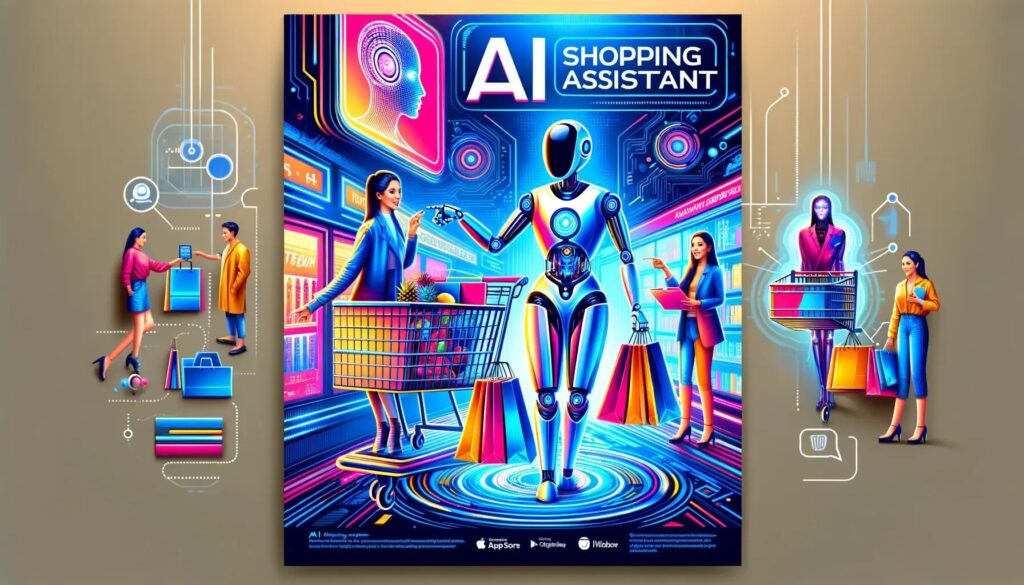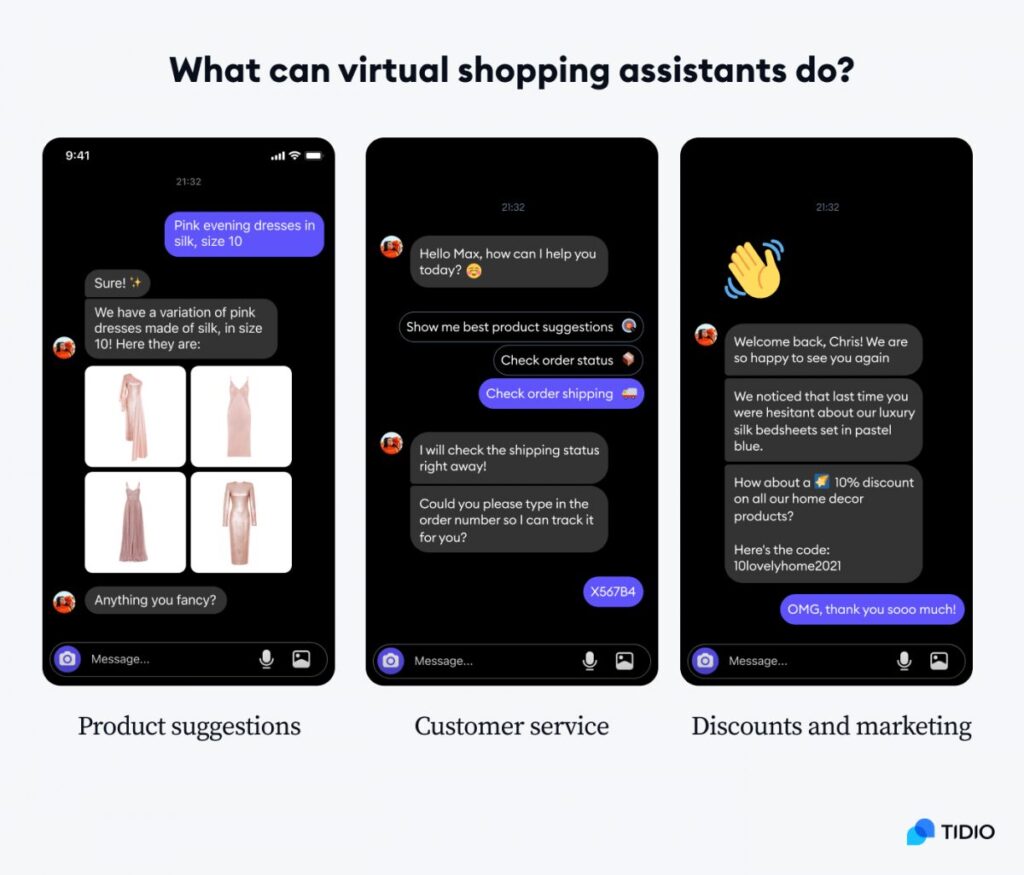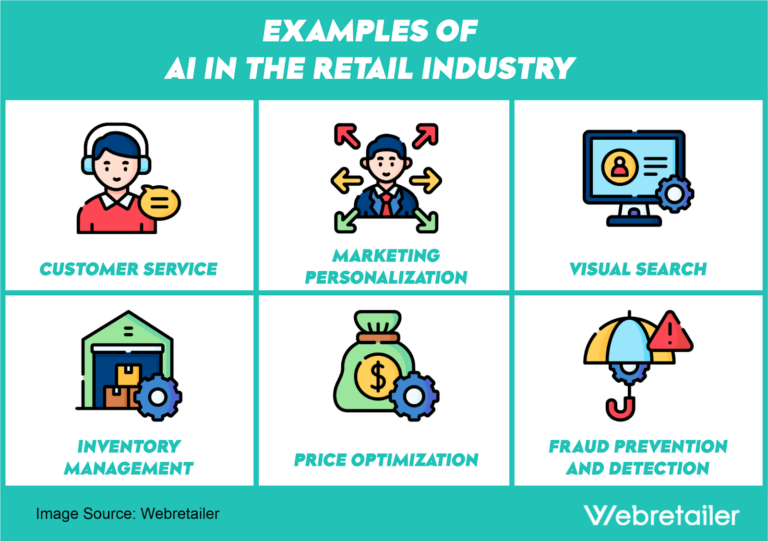In this post, we're exploring the impact of AI on the future of shopping. Online shopping is currently experiencing a momentous transformation driven by cutting-edge technologies like Large Language Models (LLMs) such as OpenAI's ChatGPT, Claude, and more. These advanced AI tools are revolutionizing the way consumers explore, evaluate, and make purchases. By offering personalized recommendations, facilitating product comparisons, and providing direct purchase links through conversational interfaces, AI is reshaping consumer behavior and compelling businesses to reimagine their marketing strategies.
How Traditional Marketing Methods Are Being Influenced
In the past, traditional marketing strategies heavily relied on tactics like search engine optimization (SEO), paid advertisements, and email campaigns to attract traffic and drive conversions. However, the emergence of AI-powered search and shopping assistants has started to diminish the efficacy of these methods. With the rise of AI tools that offer instant answers and product suggestions, consumers can now complete their shopping journey without extensive web browsing. This shift towards "zero-click" interactions means that marketers must adapt by ensuring that their products and content are easily accessible and optimized for AI platforms.
Evolving SEO Strategies in the Age of AI
SEO teams are now facing unprecedented challenges as AI models prioritize context and user intent over traditional keywords and backlinks. The dominance of AI-generated summaries at the top of search results has led to a decline in organic traffic to websites. To stay competitive, SEO strategies must evolve to include crafting conversational content that aligns with natural language queries, implementing structured data to help AI understand and present content accurately, and focusing on building a strong brand presence that AI can recognize and recommend.
Strategies for Optimizing for AI Shopping Assistants
To ensure visibility in AI-driven shopping experiences, brands must enhance their product data by providing comprehensive and accurate information, improve website accessibility for AI agents by ensuring clear navigation features, adopt AI-friendly formats such as FAQs and bullet points, and stay updated with the latest trends and preferences of AI shopping assistants.
Rethinking Metrics in an AI-Driven Landscape
As AI tools take on a more significant role in the shopping process, traditional metrics like click-through rates and page views become less reliable indicators of success. In this evolving landscape, businesses should shift their focus to metrics such as engagement quality, conversion rates from AI channels, brand mentions in AI responses, and customer retention stemming from AI-driven engagements.
Real-World Examples of AI in Action
Companies like Zalando are leveraging generative AI to streamline content production for marketing campaigns, significantly reducing both time and costs. Similarly, OpenAI's ChatGPT has introduced enhanced shopping features, challenging industry giants like Google in the digital shopping space.
Embracing the AI Transformation
The integration of LLMs and other AI technologies into the shopping experience signifies not just a passing trend but a fundamental shift in consumer behavior and marketing dynamics. Businesses that boldly embrace and adapt to this AI transformation, optimizing for AI interactions, rethinking SEO strategies, and focusing on new performance metrics, will be better positioned to succeed in the ever-evolving digital marketplace.
This is author biographical info, that can be used to tell more about you, your iterests, background and experience. You can change it on Admin > Users > Your Profile > Biographical Info page."
About us and this blog
We are a digital marketing company with a focus on helping our customers achieve great results across several key areas.
Request a free quote
We offer professional SEO services that help websites increase their organic search score drastically in order to compete for the highest rankings even when it comes to highly competitive keywords.







